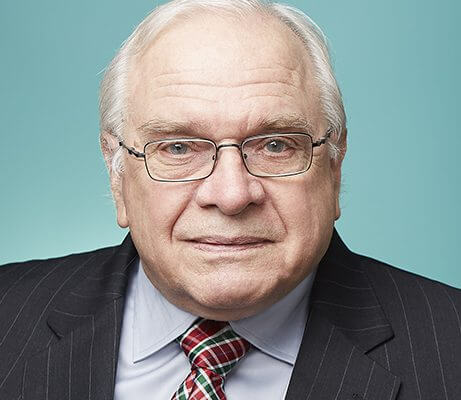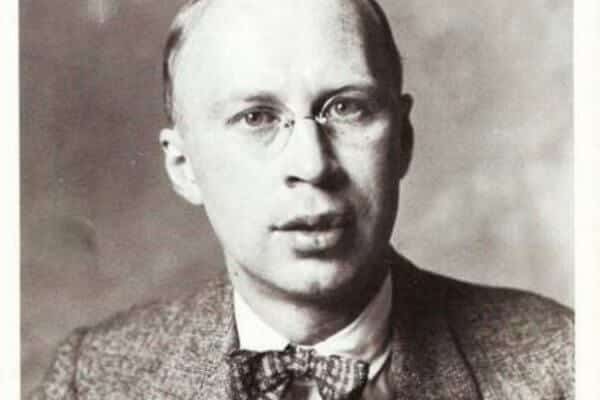
Ben Stevenson, a native of Portsmouth, England, received his dance training at the Arts and Educational School in London. He appeared with the Sadler’s Wells Royal Ballet and English National Ballet where, as a principal dancer, he performed lead roles in all the classics.
He has received numerous awards for his choreography, including three gold medals at the International Ballet Competitions. For his contributions to international dance, Mr. Stevenson was named an Officer of the Order of the British Empire (O.B.E.) by Queen Elizabeth II in December 1999.
In April 2000, he was presented with the Dance Magazine Award. Mr. Stevenson assumed the artistic directorship of Texas Ballet Theater in July 2003. Previously he served as artistic director of Houston Ballet (1976-2003), elevating the company from a regional troupe to an internationally acclaimed ensemble.

Sergey Profokiev was born in 1891 in Russia to a family of agriculturalists. His mother, who played the piano, was his first musical mentor. She supported his interest in music, often arranging trips to see the opera in Moscow. Renowned Moscow composer and teacher Sergey Tanevev recommended him for the St. Petersburg Conservatory. From 1904-1914 Profokiev studied at the conservatory, gaining a firm academic foundation in music composition and theory which he then used to create brilliant musical innovations. Upon graduating, the school awarded him the Anton Rubenstein Prize for an excellent performance of his first large-scale piece, Piano Concerto No.1 in D-Flat Major. His passion for experimentation was favored at the time by progressive circles encouraging musical revitalization.
Exempt from war mobilization for World War 1 (1914-1918) as the only son of a widow, Profokiev was at liberty to continue to develop his music. His pre-revolutionary work was distinct in its intense exploration. Immediately after the 1917 overthrow of Tsar Nicholas II, Profokiev composed a substantial quantity of music, apparently inspired by sentiments of national renewal. The same year, he was invited to participate in the Council of Workers in the Arts, which led Russia’s left wing artistic activity. Sensing that music was not a priority of the council, Profokiev left with official sanction for an international concert tour as a pianist.
In the 1920s, Prokofiev toured with enormous success in the most distinguished musical institutions of Western Europe and the United States. He returned to the Soviet Union in a 1927 tour and was enthusiastically welcomed by the Soviet public as a revolutionary, internationally-renowned Russian musician. In 1935, Profokiev returned to Russia – now the Soviet Union – having been offered the honor of composing any opera or ballet he wanted. He chose to create a Romeo & Juliet ballet, which became one of the most adored pieces in the world.
Profokiev and his works were often viewed with suspicion because of his time in the West, obligating him to make alterations and to re-orchestrate his pieces to include more traditional musical styles.